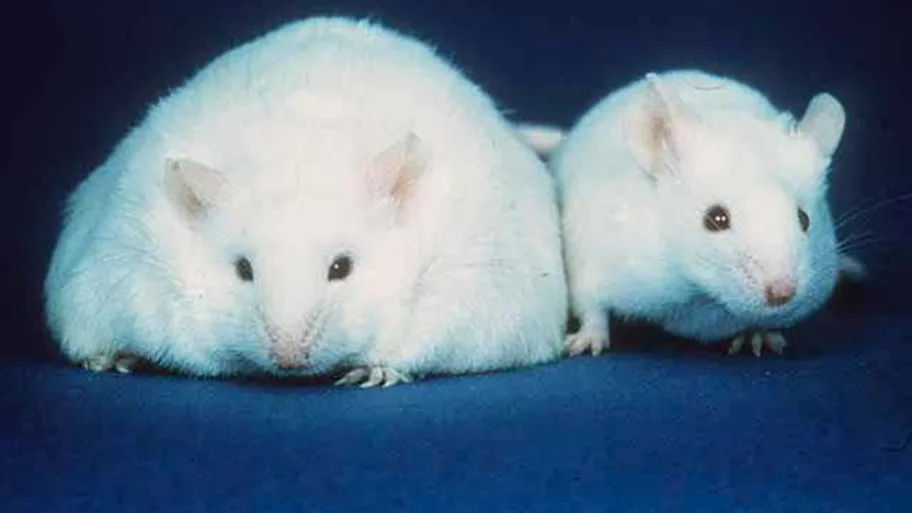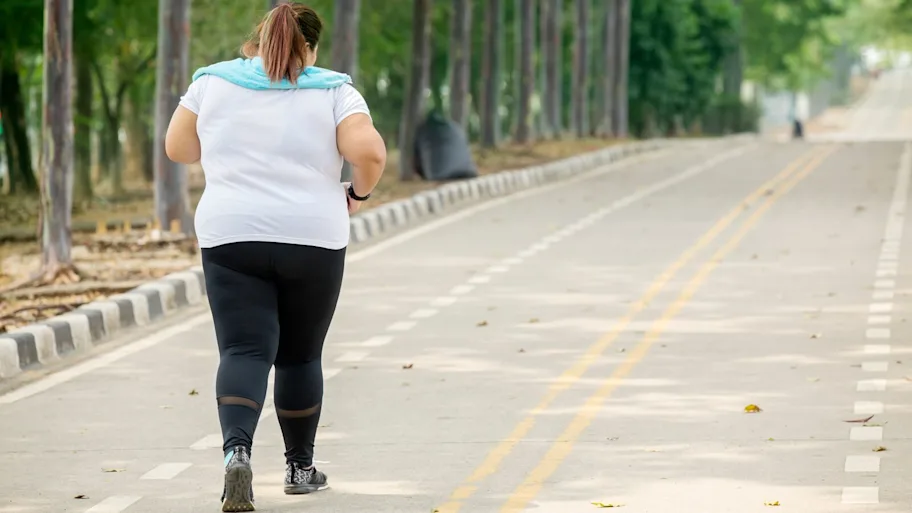
- Science news
- Health
- Study shows lifestyle changes might mean more than losing weight
Study shows lifestyle changes might mean more than losing weight

Women in a group
by Jacqueline Eckert, Frontiers science writer
A recent study shows that for most people switching to a healthier lifestyle can produce a body weight that is healthy for that person overtime. Contrary to popular beliefs, this does not necessarily mean that one must lose weight.
“We decided to do a study on this based on our perception about traditional interventions for overweight and obese people,” said Mariana Dimitrov Ulian, lead author of the study. “These involve, most of the time, diet and physical activity, and they base their success on the immediate weight loss of the participants. While short-term results are observed, long-term results, when it comes to weight loss, are only maintained by a small number of people.”
The results of their “Health and Wellness in Obesity Study” were published in the open-access journal Frontiers in Nutrition and the study focuses on implementing the Health at Every Size® (HAES®) philosophy for obese women. The HAES® philosophy approach aims to encourage healthy behavior in people of all body sizes, independent of whether weight loss is a consequence of those behavioral changes or not.
The research concluded that non-prescriptive interventions in a person’s behavior improved the participant’s self-esteem and overall body satisfaction. Plus, despite showing a modest or no change in body weight, the effects lasted longer compared to weight-centered interventions.
A number of obese women living in São Paulo, Brazil, participated in the study which consisted of weekly physical activity sessions, five philosophical workshops and bimonthly individual nutritional sessions.
“Our findings revealed varying levels of readiness among participants in adapting to the intervention and varying valuations of achievements related to eating and health, irrespective of body-weight changes,” said Mariana Dimitrov Ulian. “Thus, with regards to eating habits, our participants reported that hunger and satiety cues, when properly attended to, can be trusted to assist in food selection.”
Mariana Dimitrov Ulian pointed out that participants described positive behavioral and attitudinal changes towards their diet and improvements to diet quality, diet structure, and consumption. They also showed increased autonomy concerning diet and indicated increased confidence, comfort, flexibility, and positivity of attitude regarding their eating habits. It was concluded that the participants became prone to be more physically active by including different physical activities in their daily routines (such as enjoying green areas in the city), and perceiving their bodies better and more cautiously.
There is increasing evidence showing that health problems can be improved regardless of body weight. For example, being active may be more important than a person’s actual weight. Solely focusing on weight can be unproductive and might be harmful to the health of the people who constantly feel uncomfortable with their weight.
Alternative lifestyle interventions, like the ones conducted in the study, present more positive and lasting results related to health and well-being. The researchers believe people should be encouraged to make behavioral changes that allow them to work towards having healthy parameters within the ranges of normality, such as blood pressure and lipids, insulin and glucose values, and reducing dependence on medicaments – rather than solely on losing weight.
“Our experience with the study has given us data to affirm that non-prescriptive nutritional strategies play a vital role on the care of the obese. It is a vital opportunity for them to eat autonomously, positively and comfortably, while making important and lasting eating changes,” emphasized Mariana Dimitrov Ulian.
It can be concluded from this study that such lifestyle interventions are opportunities for obese people to change their relationship with their body image, eating habits and physical exercises; ultimately entering a more natural and healthier lifestyle.
CLICK HERE TO READ THE FULL STUDY
REPUBLISHING GUIDELINES: At Frontiers, open access and sharing research is part of our mission. Unless otherwise noted, you can republish our articles posted in the Frontiers blog – as long as you credit us with a link back. Editing the articles or selling them is not allowed.






